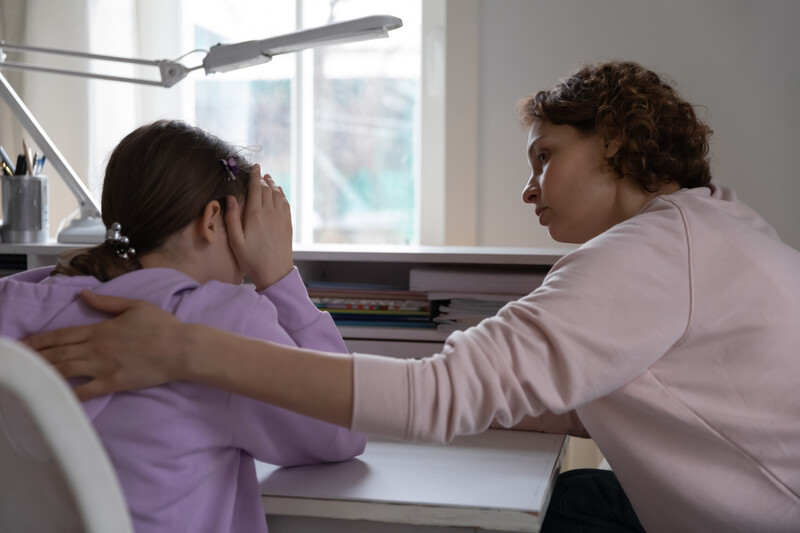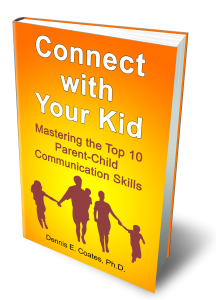I remember an incident in which my two sons were playing together outside. One got mad at the other and it came to blows. In retrospect, I understand that a contributing factor was their underdeveloped ability to exercise empathy.
That was then, over 40 years ago. Today, both are happy in their second marriages and have thriving careers in technology. As for the sibling rivalry, I’ll just say that they do connect with each other, but not frequently.
Last week a group of teenagers broke into ten vehicles in a nearby neighborhood. It’s hard to imagine the mindset of a person who would do such a thing. No concern for the people whose property they were violating.
And bullies. I was bullied a few times when I was in elementary school. It’s a big problem in schools today. Kids even bully each other online. Imagine it: abusing others with no concern for the thoughts and feelings of their victims.
I believe I have a fairly robust ability to empathize and express empathy. But to be honest, I remember a time in my youth when that sensitivity was not there. I had to develop it later as an adult.
I think of empathy as a skill, something a person can, with much practice, establish as an automatic behavior pattern.
And of course not everyone does the work to establish this behavior pattern. It’s possible that a person can become a mature adult without coming anywhere close to mastery.
The prisons are full of such adults. Some spouses physically abuse each other. Some parents abuse their children. People lie, cheat, and steal for personal gain. According to the World Health Organization, worldwide nearly half a million people were murdered in 2012. Obviously, not everyone has established the skill of empathy.
As a parent, you want your child to grow up to be kind, someone who is concerned about the thoughts and feelings of other people. A person who cares deeply about family members. A professional, leader, or colleague who is genuinely concerned about the people they serve.
Kids aren’t born with the desire to be empathetic. They begin life concerned with themselves, their own needs. Empathy is something a child has to learn to do and hopefully become very practiced in it. They need to be guided and encouraged to exercise empathy with other people.
You can help them learn from their interactions with others. You can use your skills for asking questions and listening to understand what they say. You can help them become self-aware, which is the beginning of understanding other people’s behavior, thoughts, and feelings. You can suggest ways of relating to others. You can encourage them to be observant, interested in others, and thoughtful.
Always remember: empathy is a skill, just as being patient and creative are skills. It’s one of the ways your child can grow up strong for the many challenges of life.
I have more to say about empathy in my book, Connect with Your Kid.


